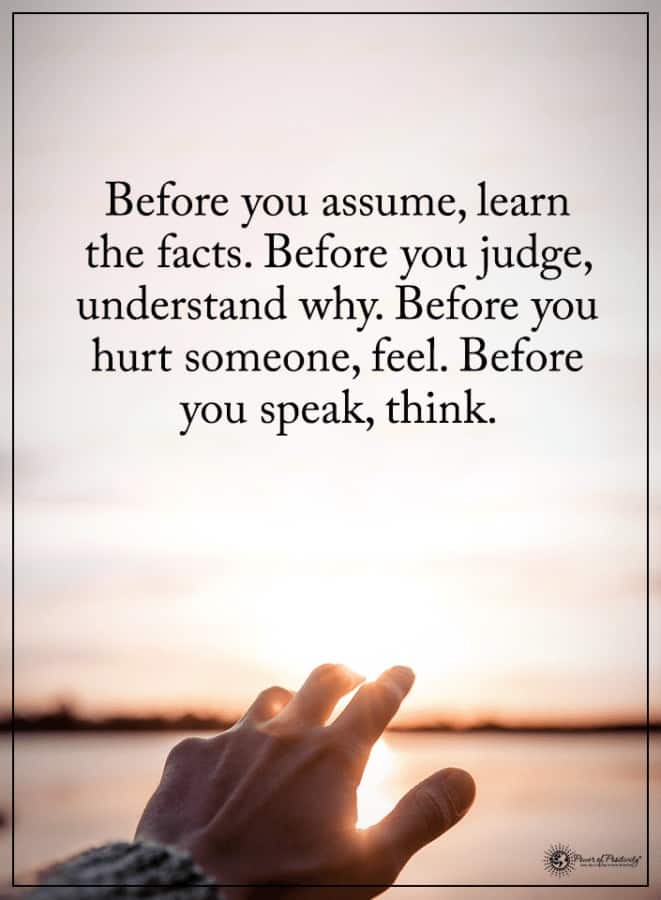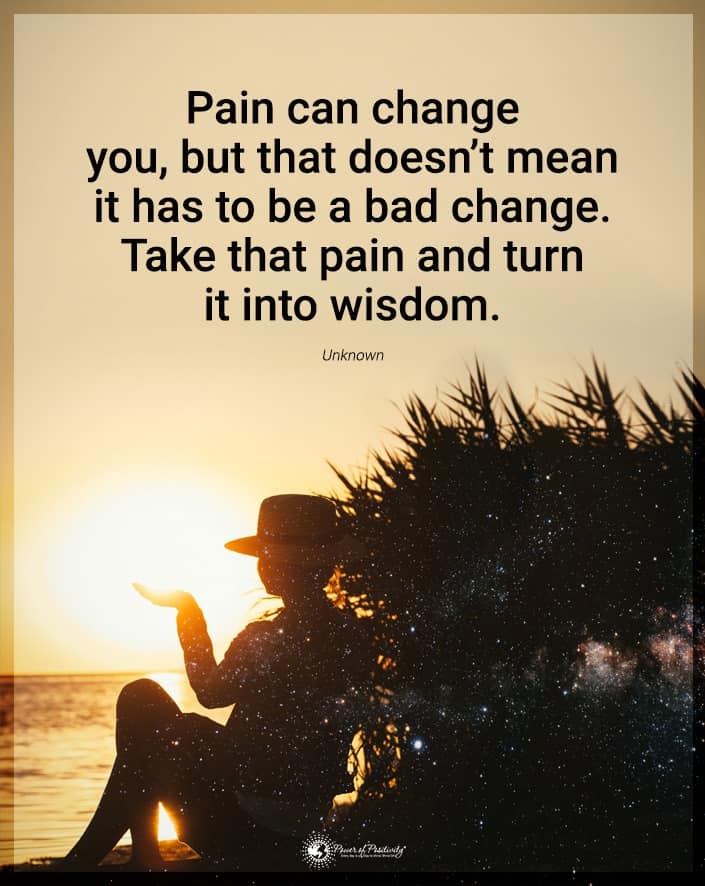You may feel like you know what’s going on in the lives of your close friends and family members. Even if you’re in constant conversations with these individuals, sometimes they may not be as forthcoming about everything happening inside their hearts and minds. It’s easy for people to bottle up things and try to push through themselves. But maybe you notice something that makes you wonder if someone is hiding depression. Depression is a severe mental health issue that nobody should ever ignore. Your friends or family members may struggle alone, but wish someone would reach out to them. Here are fifteen signs that could show someone is hiding depression. Knowing how to spot depression can equip you to help your friend or family member.
An urgent note about suicidal ideation: If someone you know has suicidal thoughts, get outside help right away. Make a call to the National Suicide Prevention Lifeline 24/7 by dialing 988.
15 Signs Someone Is Hiding Depression

1 – They have noticeable weight gain or loss
When someone is struggling with depression, they may turn to food for comfort. Being overweight can worsen the severity of depression. Other individuals struggling with depression may lose their appetite, unable to keep anything down. Dramatic weight gain or loss is often a sign someone is depressed. If you notice your friend or family member shows surprising eating habits that make them lose or gain weight, ask them about it.
2 – They have sleep problems
Lack of sleep affects an individual’s function at home or work. It’s often a sign of mental health problems such as depression or an anxiety disorder. Individuals who are struggling with depression have these signs of trouble:
- Falling asleep
- Staying asleep
- Having nightmares or frightening dreams
- Sleeping during the day to make up for not sleeping at night
3 – They have increased alcohol use
Depressed people may use drugs or alcohol to cope with their sadness and moodiness. They may feel hopeless and need a drink to bolster them during the day. Approximately one in five individuals who struggle with depression also has alcohol or drug problems.
4 – They’re always tired
Excessive fatigue is one of the most common depression symptoms. Fatigue affects emotional, mental, and physical health. It impairs an individual’s performance at school, work, and family relationships. Other depressed individuals may feel burned out by work or family responsibility. They may have insomnia, sleeping all day.
5 – They’re constantly sick
Although depression is a mental health problem, it has physical side effects. If you know someone who constantly seems sick, they may struggle with hidden depression. People with depression are prone to sickness and specific ailments because their bodies respond to stress. This leads to high cortisol levels, which results in a weakened immune system. Some of the physical signs of hidden depression include the following:
- Racing heart rate
- Sweating
- Shortness of breath
- Dizziness
- Chronic pain
- Stomach problems
- Headaches
People with depression are more likely to experience these other illnesses, as well:
- Autoimmune conditions
- Heart disease
- Cancer
- Arthritis
- Type 2 disease
6 – They fake or force their smiles
When someone is hiding depression, they learn how to act as if they’re happy. They look normal and cheerful around friends and family, hiding their inner struggles. These individuals may feel they’re letting people down if they admit depression. They force happiness to hide their depression and appear like they’re doing okay.
7 – They lose their concentration during conversations
If you’re talking with a friend or family member and they seem to get lost in the conversation, it could signify they lack concentration or have memory problems. Both symptoms could mean they’re hiding depression. These side effects of depression interfere with their ability to work or have personal interactions. Of course, if the person is hiding their depression, it will affect their relationships and work to where they won’t hide their depression for long.
8 – They’re irritable
Mood changes are expected for someone suffering from depression. Although they often feel sad or down, they may express anger instead of despair. An individual hiding depression may get easily angry at those around them. It may surprise you at their outbursts at work or home. Some people may suppress their anger or act like they weren’t bothered by what happened. It’s all an effort not to reveal their struggles with depression.
9 – They have a negative mindset
Depressed people have a negative outlook on life. They express negative thoughts and assume the worse about their life all the time. Some individuals may try to be optimistic about their future but quickly slip back into a negative mindset. Some examples of negative attitudes that someone who is depressed could include:
- All or nothing thoughts: “I’m not a good friend. I’ll never have friends.”
- Personalizing: “I can’t do anything right. “
- Overall generalizing: “I have always done a terrible job at making friends.”
- Jumping to conclusions: “She looks sad. I probably did something wrong.”
- Dismissing positivity: “I know you’re trying to be nice to me because you feel sorry for me.”
Someone hiding their depression feels like their outlook on life is more accurate than people who aren’t depressed. It’s a weird self-righteousness that assumes they better understand how the world works.
10 – Loss of interest
If you wonder if a friend or family member is hiding depression, you may notice they’ve lost interest in the things they used to love to do. Perhaps they had hobbies. They may stop doing them. If they had a hobby or were part of a group, they may have stopped attending the meetings and stopped doing their pursuit. Along with this, they’ll act distant from you and others, especially the people with whom they did the hobby. The depressed person may make excuses about their lack of interest, or they’ll say they don’t want to do the pursuit anymore.
11 – They make silent cries for help
Sometimes, when individuals hide depression, they will make silent cries for help. These cries may go unnoticed by most people, but if you’re wise to the person, you’ll hear their cry and reach out to them. They may try to put you off or hide their negative thoughts. Trust your gut if you’re close to this person and feel like something is off. Some examples of silent cries for help a depressed person makes include the following behaviors:
- Does poorly at work or school
- Loses interest in hobbies, sports, or other activities they’ve always enjoyed
- Sudden changes in lifestyle such as sleeping or eating
- Avoidance of friends and family members.
- Isolated, wants to be alone all the time.
- Daydreams all the time so that they can’t do anything else
- It feels like life is overwhelming.
12 – They talk a lot about the meaning of life
Individuals struggling with depression are aware of their mortality. They become consumed with the meaning of life. They may research different religions, with their mindset flipping from one idea to another. You may think they’re becoming interested in something, but it’s more of an obsession for them as they try to understand their life’s purpose. They’ll talk a lot about death and dying so that you’ll become fearful they’re thinking about suicide. Never ignore their morbid thoughts; pay attention to what they’re saying. If they express suicidal thoughts, don’t delay. Get them help right away.
13 – They seek acceptance and love from you
A person hiding depression doesn’t want to be dishonest with the people who love them, but they feel like they’ll be a burden if they admit they’re depressed. Or they may try to protect their heart from rejection. They desperately need acceptance and love from those around them but act the opposite. They may even push people away to project they’re doing fine.
14 – They overthink
Depressed people process everything going on around them. They analyze every conversation, every situation, and experience they’ve had. They lean towards rumination. Rumination is excessive or intrusive thoughts about negative experiences and feelings. It’s pervasive and leads to constantly thinking about real or imagined painful experiences. A depressed person’s brain is high alert, thinking self-defeating negative thoughts. You may have a hard time keeping up with their rumination. If you try to point out the positive, they may interpret it as you don’t believe them or are putting them down.
15 – They change the subject to divert attention
Another tactic of someone hiding depression is to divert attention away from themselves. They make up believable excuses about why they didn’t show up for an activity or function. Or they’ll change the subject when you ask them a direct question. It’s their way of moving the attention off of themselves to hide their pain and suffering. If you’re close to the person, you’ll catch on, but getting them to admit the truth will be challenging.
Final Thoughts on Identifying When Someone Is Hiding Depression from the World
If you think someone is hiding depression, reaching out to them is essential. Your consistent love and support are vital to them, even if they try to push you away. Their overthinking and negative thoughts will lead them to believe lies that you and others don’t care about them. They may ruminate on all the negative experiences they’ve had in life. If they talk about suicide, get them professional help right away.




















